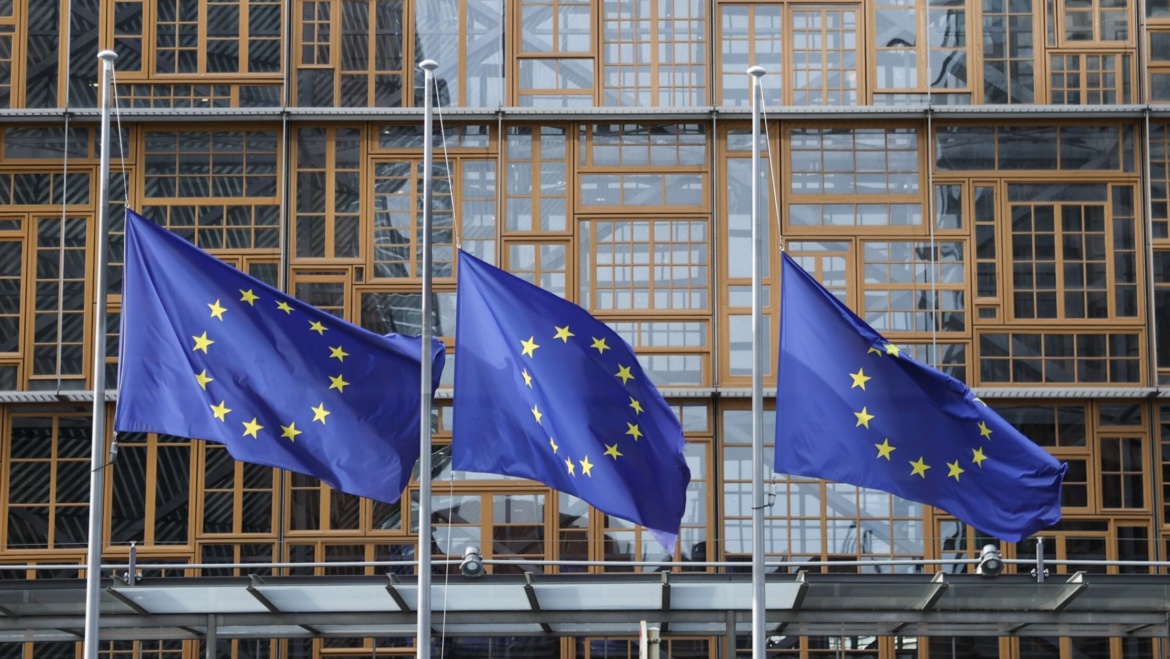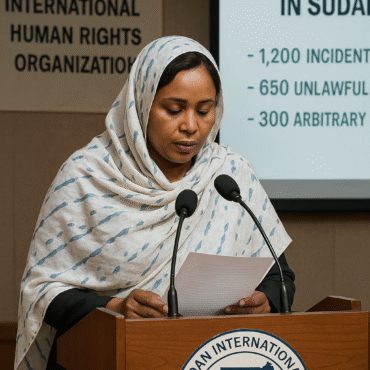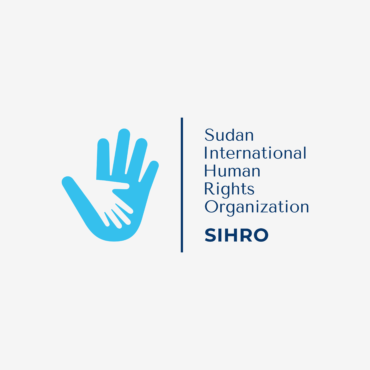Assessing the Impact of EU Sanctions on Entities in Sudan: A Detailed Overview
I. Introduction
This report aims to provide the Sudanese diaspora with an in-depth analysis of the recent sanctions imposed by the European Union (EU) on six entities in Sudan. It seeks to offer clarity on each entity’s role in the ongoing conflict and their response to the sanctions and evaluate the overall effectiveness of these measures.
II. Overview of EU Sanctions
The EU, recognizing the severity of the conflict between the Sudanese Armed Forces (SAF) and the Rapid Support Forces (RSF), has implemented restrictive measures against six entities. These sanctions respond to actions undermining Sudan’s stability and political transition.
III. Sanctioned Entities and Their Context
1. Zadna International Company for Investment Limited
– Background: Initially discontinued by the civilian-led government due to funding links with the ousted Omer Al-Bashir regime, but reinstated after the military coup.
– Response to Sanctions: The claim focused on food security, the sanctions were criticized as unjust, and the offer was to provide financial transparency to the Council.
2. GSK Advance Company Ltd
– Background: Linked with the RSF and a key financier for the military coup.
– Response to Sanctions: Expressed willingness to cooperate with international scrutiny of their records.
3. Defense Industries System
– Role: Involved in manufacturing weapons and vehicles for the SAF.
4. SMT Engineering
– Role: Produces military equipment for the SAF.
5. Al Junaid Multi Activities Co Ltd
– Role: Procures military equipment for the RSF.
6. Tradive General Trading
– Role: Engaged in the procurement of military equipment for the RSF.
IV. Effectiveness of Sanctions and Need for Further Engagement
The sanctions, including asset freezes and funding prohibitions, have existed since early June 2023. However, their effectiveness is under scrutiny as Sudan’s humanitarian crisis and conflict continue. More than 24 million Sudanese require urgent humanitarian aid, which calls for a broader international response.
V. Conclusion
While EU sanctions are an essential step, the complexities of the Sudanese situation demand a more comprehensive approach. This should involve active diplomatic engagement, support for peaceful conflict resolution, and substantial humanitarian aid. The international community, including the EU, needs to intensify efforts to support Sudan in its path towards stability and democracy.
References
1. European Council
2. JURIST News [https://www.pubaffairsbruxelles.eu/eu-institution-news/sudan-council-adds-six-entities-to-eu-sanctions-list/][https://www.jurist.org/news/2024/01/eu-council-adopts-sanctions-against-six-entities-in-sudan-conflict/]




Add Comment